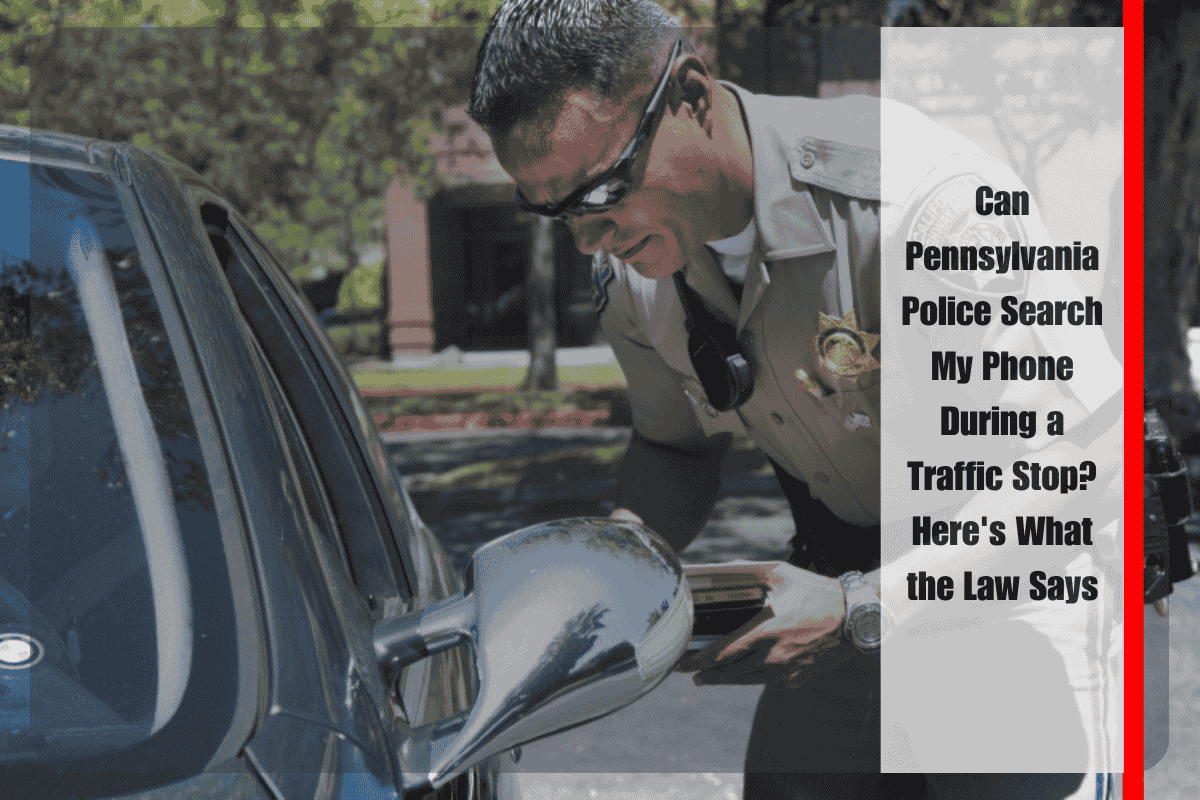Pennsylvania police cannot search your phone without a warrant during a traffic stop or even after an arrest, unless you give your voluntary consent or there is an emergency situation involving immediate danger to life. This protection is based on both the U.S. Supreme Court’s decision in Riley v. California and rulings by the Pennsylvania Supreme Court, such as Commonwealth v. Fulton, which clarified that accessing any information from a cell phone—including simply turning it on or navigating its menu—requires a warrant.
If you are arrested, police may seize your phone as part of an inventory search of your vehicle, but they still cannot search its contents without a warrant. The only exceptions are if you consent to the search or if there is a genuine emergency that justifies immediate action, such as a threat to someone’s life.
You have the right to refuse consent to a phone search. If you do not consent, police must obtain a warrant to legally access your phone’s data. Any evidence obtained from your phone without a warrant (and without your consent or a valid emergency exception) is generally inadmissible in court.
Sources
[1] https://www.centredaily.com/news/state/pennsylvania/article282379068.html
[2] https://www.thefishmanfirm.com/search-cell-phone/
[3] https://www.coovandassoc.com/blog/can-police-search-your-phone-during-an-arrest-in-pennsylvania
[4] https://www.cyberadviserblog.com/2018/03/pennsylvania-supreme-court-if-you-want-to-search-a-cell-phone-get-a-warrant/
[5] https://www.omnislawgroup.com/pa-supreme-court-police-need-warrant-search-cell-phone-even-just-turn/












